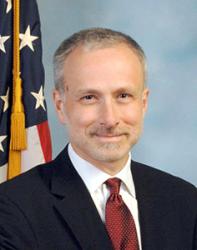

10:00 am EDT - 12:00 pm EDT
Past Event
10:00 am - 12:00 pm EDT
1775 Massachusetts Avenue, NW
Washington, DC
20036
The Electronic Communications Privacy Act of 1986 placed restrictions on government acquisition of electronic data communications, like emails. As increasingly innovative and sophisticated communications technology comes to market, new questions have arisen about how this law’s provisions should be applied. How much evidence must the government have before it can access emails of suspects? Should the standard of evidence differ if the emails are stored virtually in a cloud file system, rather than on a hard drive? How much evidence is required before law enforcement can use suspects’ cell phone data to track their locations over time? Should the government have to go to a judge to get an court order for such information, or should it be able to do so with a subpoena? These are questions at the heart both of an ongoing legislative debate over the reform of the Electronic Communications Privacy Act and a series of recent court opinions.
On May 17, the Brookings Institution hosted a Judicial Issues Forum to convene key stakeholders in the debate to reform the Electronic Communications Privacy Act – including investigators, prosecutors, civil libertarians and industry representatives – and explore whether the apparently rigid battle lines in this fraught policy discussion mask common ground. Orin Kerr, professor of law at George Washington University Law School, delivered keynote remarks.
After the program, panelists took audience questions.


William A. Galston
March 4, 2026

Elaine Kamarck
March 3, 2026

Mark Jones, Bill King
March 2, 2026